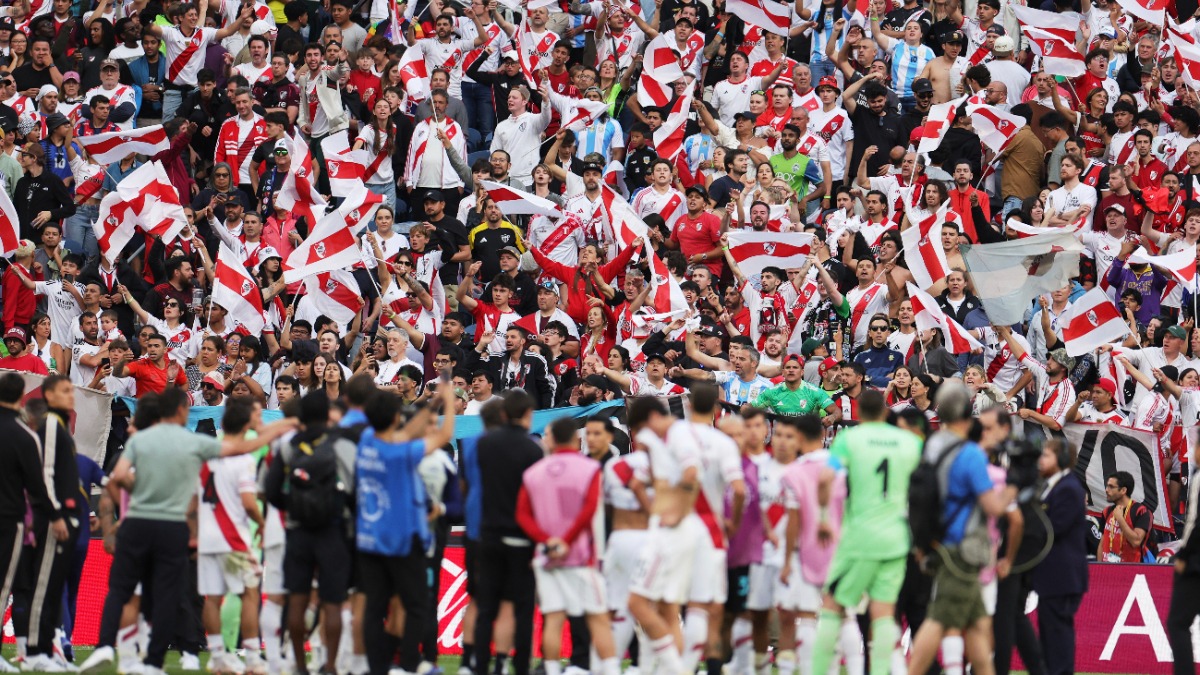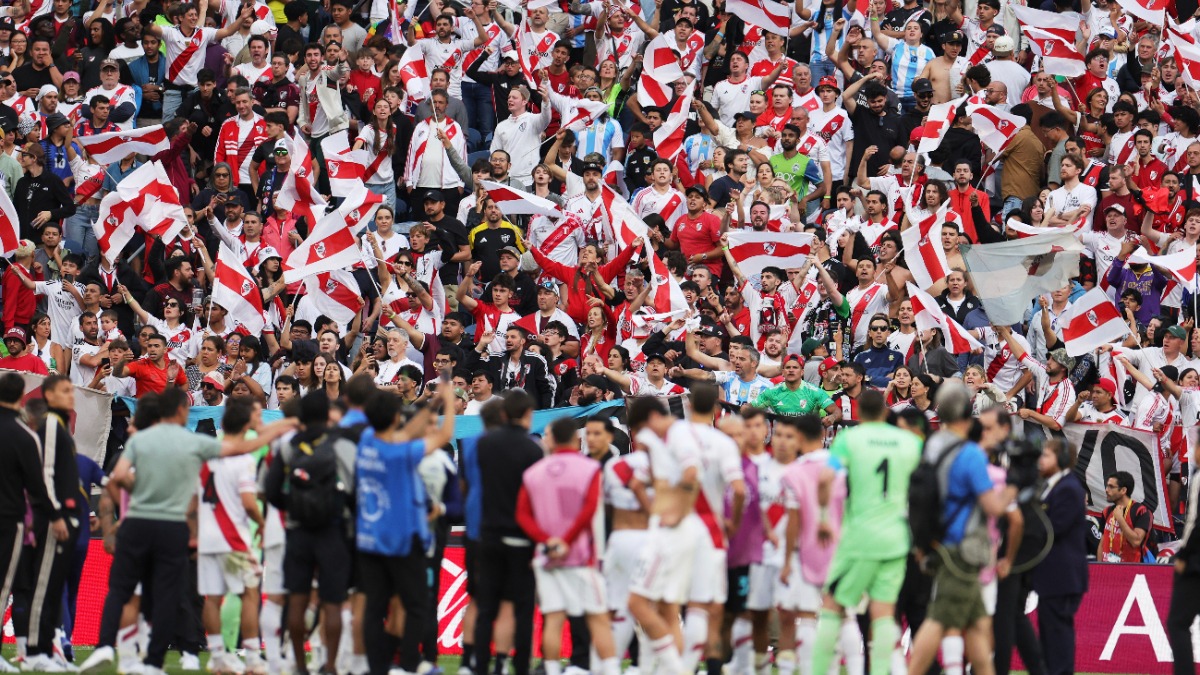Football is supposed to be a game of passion, pride, and glory. But at the FIFA Club World Cup in Seattle, Argentine clubs showed us a harsh reality: their football is in crisis. River Plate and Boca Juniors, the giants of South American football, failed spectacularly.
River was knocked out after losing to Inter, and while their fans kept singing as if detached from reality, the team’s performance was anything but dignified. A red card for Gonzalo Montiel and a near physical altercation involving Marcos Acuña only added to the embarrassment. Boca Juniors was eliminated even earlier, by a team mostly made up of semi-professionals from New Zealand! Yes, you read that right.
While Argentine clubs floundered, Brazilian teams dominated. All four Brazilian clubs advanced past the group stage. The last six editions of the Copa Libertadores were won exclusively by Brazilian teams, and the last four finals were all-Brazilian affairs. This is no coincidence but a symptom of a deep, multi-layered crisis in Argentine football.
The economy is the main culprit. Argentina’s prolonged economic crisis has severely impacted club finances. Sponsorship and marketing revenues are much lower than those of Brazilian rivals. While Brazilian clubs have entered a phase of intense professionalization, many Argentine teams still operate under the influence of powerful fan groups, stifling strategic development and management.
River’s campaign was further weakened by injuries and suspensions, while Boca’s controversial reappointment of coach Miguel Ángel Russo raised eyebrows about the club’s management. Smaller Argentine teams still manage some regional success, but the two giants are far from their former glory.
This tournament brutally exposed the truth: football in Argentina is not just passion; it’s a serious problem that can no longer be ignored. Brazilian clubs are proving their competitiveness even against European giants, while Argentine giants lag behind both on the pitch and structurally. Infrastructure, management, and financial stability are key factors, and Argentina is falling behind.
If you thought football was just a game, think again. This tournament showed that Argentine football is a disease in urgent need of a cure. So, what do you think? Is it time for serious reform in Argentine football, or shall we keep pretending everything’s fine while Brazil collects the trophies? Drop a comment and let the people’s voice be heard!













